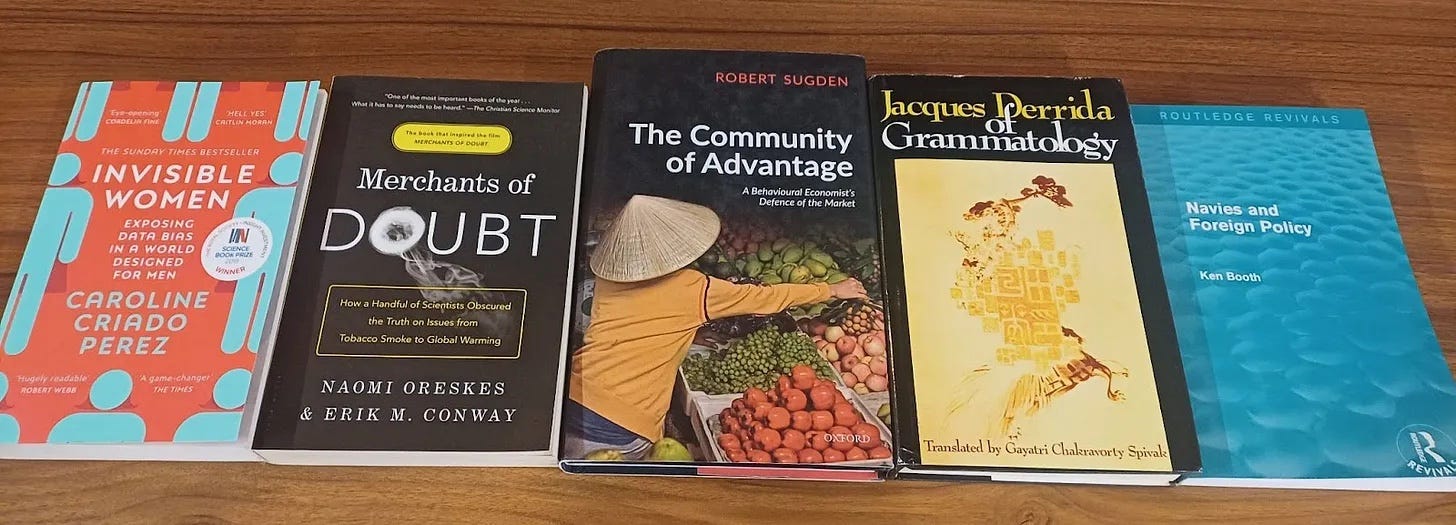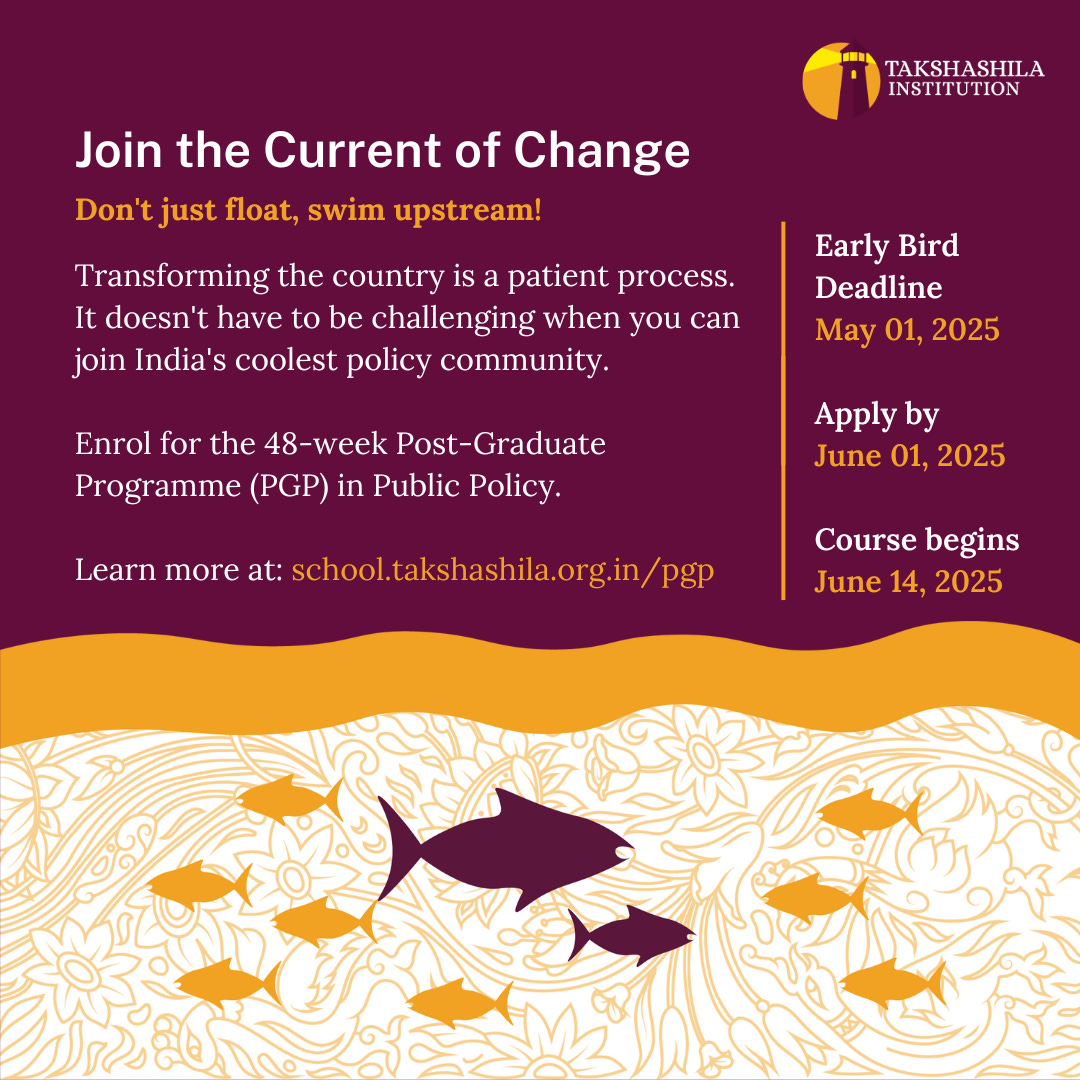A Persephone-ian Great Power Show
The scene begins much like any pastoral scene in a staid novel. We find a young maiden gathering flowers in a field. But unlike most other stories set in a quaint countryside, our scene is interrupted by the arrival of a chariot from the underworld.
Thus begins the Greek myth of the abduction of Persephone, goddess of agriculture and vegetation, by Hades, god of the underworld, in order to make her his wife.
Enraged by Hades’ actions, Demeter, Persephone’s mother (and goddess of harvest and fertility) makes the land barren and threatens to have this curse last forever, unless her beloved daughter is returned.

Compelled by the possibility of the demise of humanity as they knew it, Zeus (known as the father of all men and gods) sends a messenger to Hades to insist that Persephone be released.
Hades eventually relents to her return, but not before persuading Persephone to have a meal with him to relieve the hunger she’s been experiencing since being in the underworld. Upon eating four (in some accounts six) pomegranate seeds, Persephone unwittingly falls into Hades’ ruse: anyone who eats food of the underworld is condemned to stay there forever.
As a compromise, he accedes to having Persephone go back to her home on earth, with a promise: to return to the underworld to be with him for four months of the year. Demeter, relieved at her daughter’s return, causes the land to be bountiful again, but ensures the land returns to its barren state for the four months each year when her daughter is bound to return to the underworld (a widely cited myth to understand the four seasons).
Much like our agricultural heroine’s return to Hades signalled the end of the land’s fertility, does US President Trump’s arrival signal the end to the post-World War II world order?
If this is one of the global power dynamics questions you’re mulling on, then join Takshashila’s Chairperson for our Indo-Pacific Studies Programme, Manoj Kewalramani, in conversation with Professor Manjari Chatterjee Miller (Professor and Munk Chair in Global India at the Munk School of Global Affairs & Public Policy at the University of Toronto, and Senior Fellow at the Council on Foreign Relations), in the latest episode of The Great Power Show.
Together, they unpack how the US’, India’s and China’s policy choices affect the current world order and decipher Trump’s actions in the midst of it all. Follow this link to hear their incisive discussion.
Political Ends, Economic Means: Trump’s Tariffs
Economic statecraft is the lens through which we should understand US President Trump’s trade policy actions, writes Nitin Pai, Director and Co-Founder of Takshashila. In his latest column in The Mint, he goes on to highlight the ramifications of such choices:
Trump has indicated that if a recession is the price the US has to pay to make America great again, then he is willing to pay it. It is riskier to believe that he will act ‘rationally’ and prevent a recession than to proceed with the assumption that he doesn’t care at this time about market indices and quarterly GDP numbers. His political goals are likely to change in the future when he feels the political consequences of his economic decisions. We will then have to respond accordingly.
To read his insightful commentary in depth, follow the link provided.
India’s Aero-Engine Ecosystem: Teamwork Makes the Dream Work…
What could foster the development of indigenous aero-engines in India? Research Analyst for Takshashila’s High-Tech Geopolitics Programme, Avinash Shet, argues that it is a collaborative environment.
In his latest Op-Ed in The Wire, Avinash warns that India’s reliance on foreign suppliers hampers its defense and aerospace capabilities and advocates for robust cooperation between government agencies, defense sectors, academia, and private industries if India is to achieve self-reliance in the development of such technology. Take a closer at his analysis here.
What’s Brewing in China’s Tech Ecosystem? An OpenTakshashila Online Event!
China’s technological advancement has grown leaps and bounds in multiple sectors. In 2025, we’ve seen developments in artificial intelligence, nuclear fusion, sixth-generation fighter aircrafts (not to mention the trade surplus of nearly $1 Trillion).
But what are the factors that contribute to this near superlative technological growth? Join Shobhankita Reddy and Arindam Goswami, Research Analysts from Takshashila's High Tech Geopolitics programme as they demystify China's science and technology ecosystem in this OpenTakshashila event on March 26 from 19:00 - 20:00. We hope to see you there, dear reader!
India Makes a Way in Trump’s World: ATP of the Week!
What way can India make for itself in Trump’s world? This week’s All Things Policy Episode we’d like to highlight is a special online video feature conversation between our Indo-Pacific Studies Chairperson, Manoj Kewalramani and Head of our Advanced Military Technologies Programme, Aditya Ramanathan which may answer this very question.
Watch their thought-provoking discussion at the link here and weigh in with your comments.
Takshashila Tabletop Trove!
Welcome to the Tabletop Trove of Dispatch! As you may well know, this section is intended to be a virtual repository of the books that sit in Takshashila’s physical office space in Bengaluru, Karnataka.
This week’s theme is hardly novel, but bears re-sharing, called ‘Cutting-Edge Cults’, as curated by our Staff Research Analyst, Anushka Saxena:
Invisible Women: Exposing the Gender Bias Women Face Every Day (Caroline Criado Perez)
Merchants of Doubt: How a Handful of Scientists Obscured the Truth on Issues from Tobacco Smoke to Global Warming (Naomi Oreskes & Erik M. Conway)
The Community of Advantage: A Behavioural Economist's Defence of the Market (Robert Sugden)
Of Grammatology (Jacques Derrida)
Navies and Foreign Policy (Ken Booth)
But Wait! There’s More…
How would you like the opportunity to shape India's future? Takshashila's Post Graduate Programme (PGP) in Public Policy can equip you with the knowledge, skills, and network to make a real difference in India's public policy landscape.
Apply here by May 1, 2025 to avail of our 10 percent scholarship - programme begins on June 14, 2025!
This edition of the Dispatch was written by Kripa Koshy, Programme Manager for Takshashila’s Post Graduate Programme in Public Policy.





